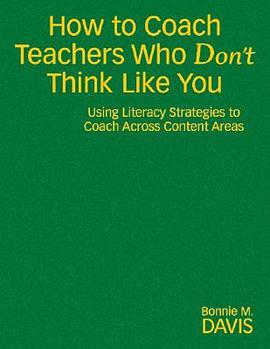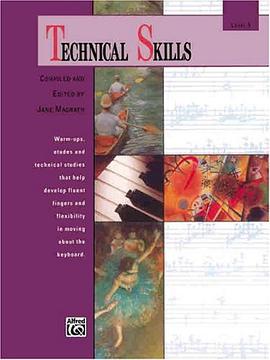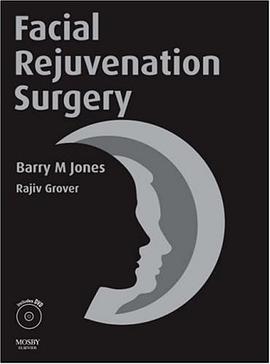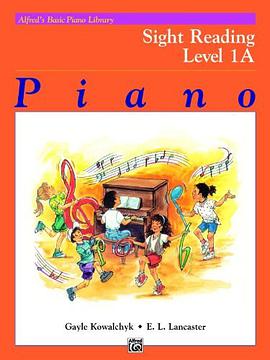

具体描述
In "The Citizen Audience," Richard Butsch explores the cultural and political history of audiences in the United States from the nineteenth century to the present. He demonstrates that, while attitudes toward audiences have shifted over time, Americans have always judged audiences against standards of good citizenship. From descriptions of tightly packed crowds in early American theaters to the contemporary reports of distant, anonymous Internet audiences, Butsch examines how audiences were represented in contemporary discourse. He explores a broad range of sources on theater, movies, propaganda, advertising, broadcast journalism, and much more.Butsch discovers that audiences were characterized according to three recurrent motifs: as crowds and as isolated individuals in a mass, both of which were considered bad, and as publics which were considered ideal audiences. These images were based on and reinforced class and other social hierarchies. At times though, subordinate groups challenged their negative characterization in these images, and countered with their own interpretations. A remarkable work of cultural criticism and media history, this book is essential reading for anyone seeking an historical understanding of how audiences, media and entertainment function in the American cultural and political imagination.
作者简介
目录信息
读后感
评分
评分
评分
评分
用户评价
相关图书
本站所有内容均为互联网搜索引擎提供的公开搜索信息,本站不存储任何数据与内容,任何内容与数据均与本站无关,如有需要请联系相关搜索引擎包括但不限于百度,google,bing,sogou 等
© 2025 book.wenda123.org All Rights Reserved. 图书目录大全 版权所有




















